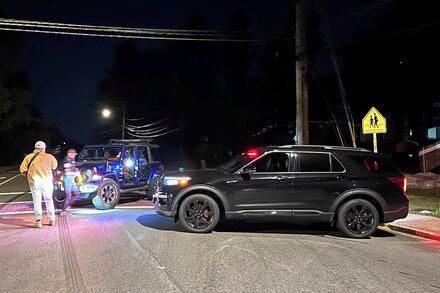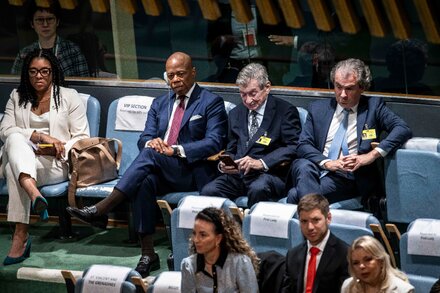A family of five, including three children, was tragically killed in a recent airstrike in Syria, an incident that has underscored the devastating human cost of the ongoing covert conflict between Israel and Iran. The strike, attributed to the Israeli military, targeted what it described as Iranian-linked sites, but left a Syrian family caught in the deadly “crossfire.”
The victims were identified as Ahmad al-Hussein, his wife, Sara, and their three young children: five-year-old Malak, seven-year-old Omar, and two-year-old Fatima. They were killed when a missile struck their residential home in the rural outskirts of Aleppo, an area known for its proximity to military installations allegedly used by Iranian-backed forces.
Their daughter, Layla al-Hussein, who was not present at the time of the strike, is now the sole surviving member of her immediate family. Overwhelmed with grief and a desperate need for understanding, she has spoken out, seeking answers about why her family became collateral damage in a regional power struggle.
“I lost everyone. My parents, my little sister, my brothers. They were just living their lives,” Layla recounted, her voice heavy with sorrow. “They weren’t soldiers, they weren’t involved in any fight. Why them? Who will answer for this?”
The Israeli military typically does not comment on specific operations in Syria but has repeatedly stated its commitment to preventing Iran from establishing a military foothold in the country or transferring advanced weaponry to its proxies, such as Hezbollah. Such strikes are often carried out in response to perceived threats or in a broader campaign to degrade Iranian capabilities in the region.
For years, Israel and Iran have engaged in a shadow war, with Israel frequently targeting Iranian Revolutionary Guard Corps (IRGC) assets and allied militias in Syria. These operations, while aimed at strategic military objectives, often take place in populated areas, increasing the risk to civilians. Human rights organizations have consistently called for greater accountability for civilian casualties in such conflicts.
The strike that killed the al-Hussein family occurred amidst heightened tensions in the Middle East. While regional powers assert their security interests, families like the al-Hussein’s remain vulnerable, their lives shattered by violence they had no part in instigating.
Layla al-Hussein’s plea for answers echoes a broader cry from civilians across conflict zones, highlighting the urgent need for adherence to international humanitarian law and greater efforts to protect non-combatants from the devastating consequences of proxy wars and interstate hostilities.
Source: Read the original article here.





